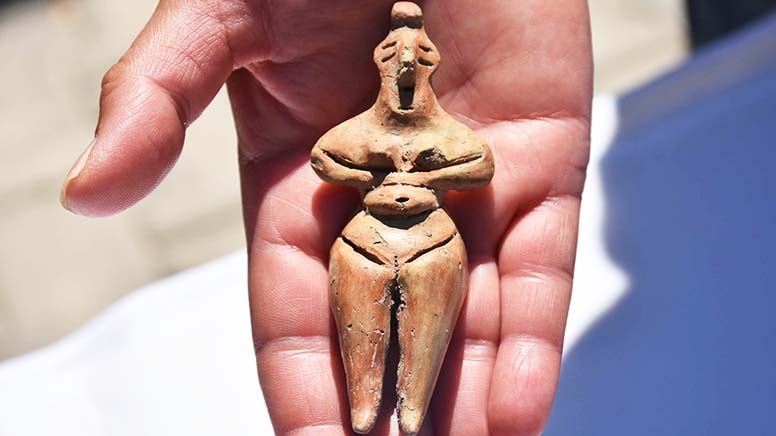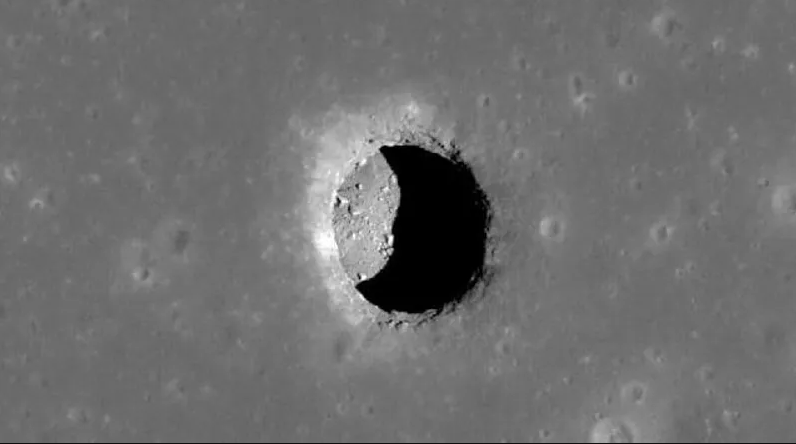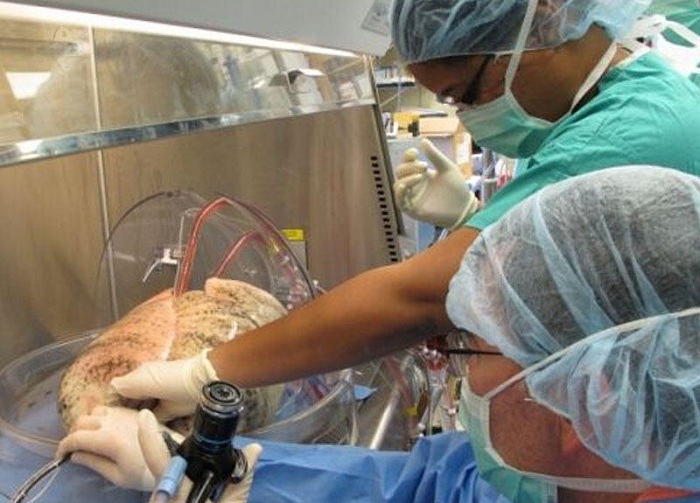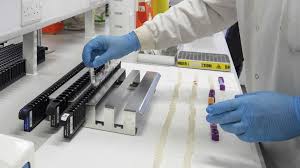
- A-
- A
- A+
A 'quick and easy' COVID-19 test developed for population-scale screening
Global endeavors to fight the Covid-19 pandemic heavily rely on accurate, fast and frequent tests for the coronavirus SARS-CoV-2 - "test, test, test", as the World Health Organization (WHO) has bluntly put it. Around the globe, the prevailing approach to diagnose acute infections is based on real-time qPCR, a method that amplifies and detects viral nucleic acid molecules in samples obtained from nose and throat swabs. However, qPCR requires sophisticated and expensive equipment and specialist staff to operate it - crucial drawbacks for example in remote or low-resource settings.
Scientists from the Vienna BioCenter and collaborators have now pushed an established nucleic acid detection assay to a new level. The so-called "Loop-mediated isothermal amplification (RT-LAMP)", first developed twenty years ago, is cheap, simple and quick - features that make it in principle an ideal alternative for routine SARS-CoV-2 detection. However, limited sensitivity and robustness have so far held back RT-LAMP-based assays from entering the center stage for SARS-CoV-2 diagnostics. The improvements introduced by the Viennese team overcome these challenges and make RT-LAMP a potential game-changer for population-scale screening approaches, especially in economically disadvantaged countries.
Similar News
Links
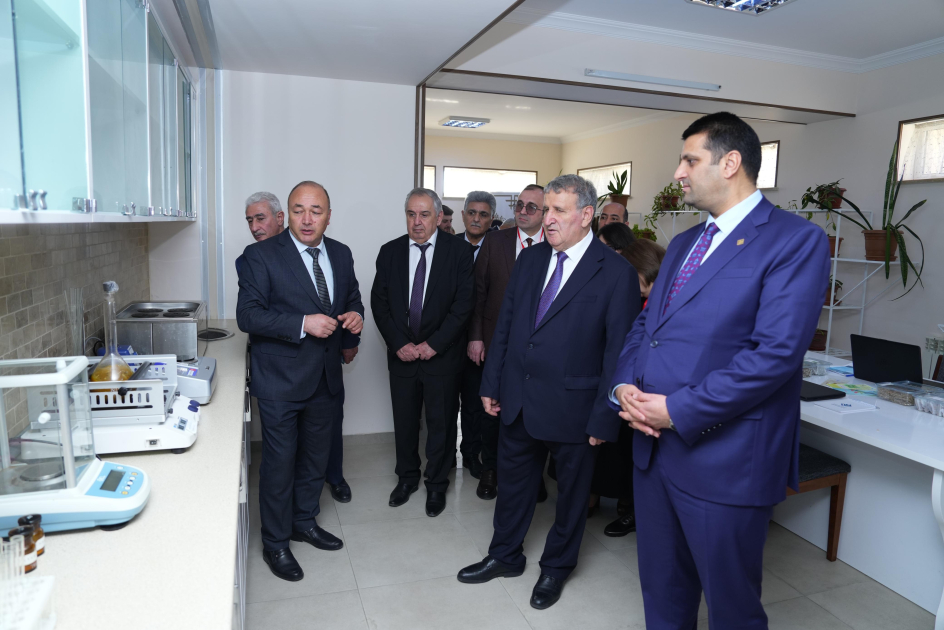


 Elm TV
Elm TV
 Photo
Photo
 Video
Video
